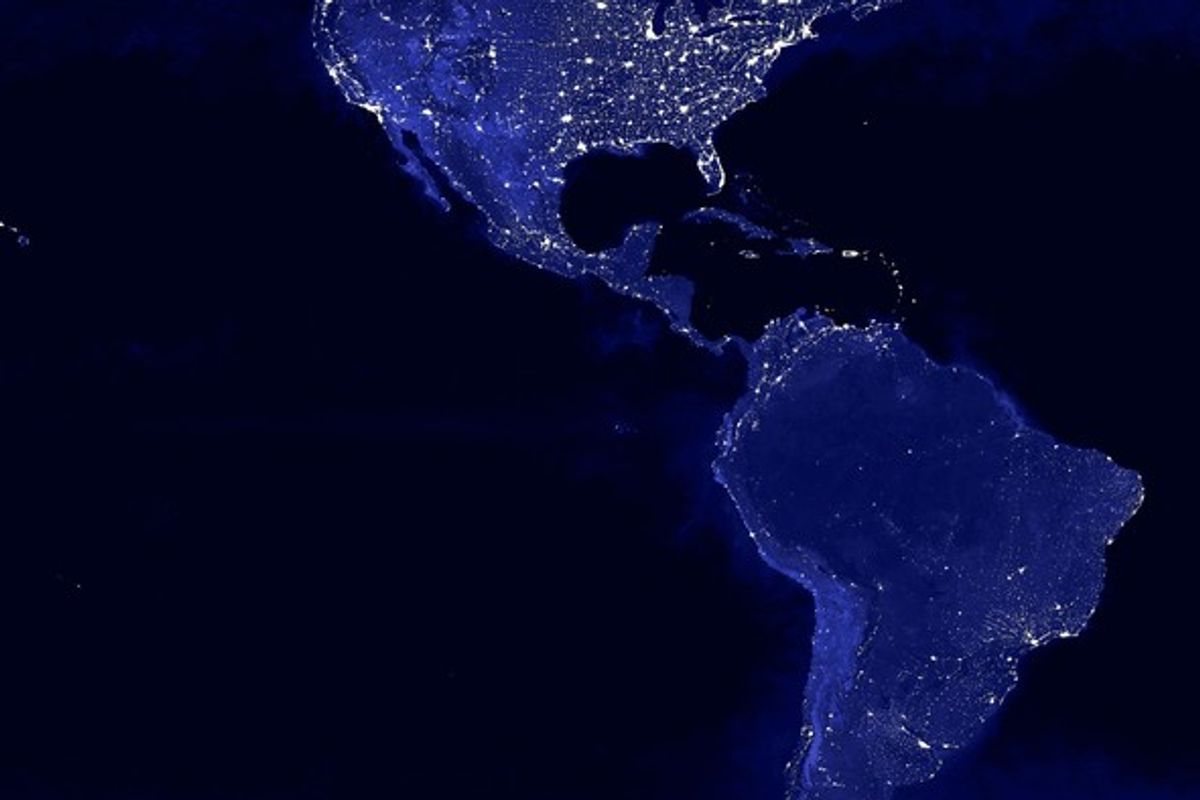The clash between the tech industry and the federal government over data access has become an enduring part of the national narrative about countering violent extremism. On one side, there are those who argue that, as along as proper legal procedures are followed, the government should have access to people’s data in order for security purposes. On the other side are those who say that civil liberties, including privacy and protection from unreasonable searches, take precedent.
This issue had another flare up in early May of 2016, when it was reported that Dataminr –a firm which monitors the entirety of Twitter’s feed in order to find information on breaking events – would cease to offer its services to the U.S. intelligence community (IC). This sparked a new debate about both government access, and the extent to which social media data, which is nominally public, is open to federal inspection. Dataminr declined to comment when contacted for more information by The Cipher Brief.
For many people, social media is a fun way to interact with others. People and companies use it for community building, activism, spreading news, and a host of other applications that have little or nothing to do with security. However, utilizing social media generates a vast amount of data about every user – what they like, what they hate, who they know, where they’ve been etc. Advertisers have proven to be able to use this information to target potential consumers even more effectively.
To be clear, there is not a total split between the tech industry and the government about the use of social media data. Dataminr, the company at the heart of the conflict between Twitter and the IC, still provides services to the public sector, but these services are limited to helping with events like natural disasters, transit disruptions, or dangers to public safety. For example, if a mass shooting occurs, Dataminr can issue an alert about it in near real time. So far, no one appears to have a significant problem with this kind of activity. The line that many tech companies and civil liberties advocates draw is focused solely on surveillance and data collection in the name of national security.
For those agencies within the government that are concerned with protecting the United States from threats, both internal and external, social media provides an overwhelming amount of information. Much like how advertisers can extrapolate purchasing inclinations based off of social media data, there is a distinct interest in trying to gauge an individual or group’s likelihood of becoming a threat using similar information.
At its core, the goal is laudable: to leverage new sources of information in order to protect American lives. At the same time, there is a delicate balance between maintaining both security and civil liberties. Former National Security Director Michael Hayden described the driver of the tension between them as “the post-Snowden effect and the desire not to be seen as a tool of the U.S. government.” Prior to the release of classified information by NSA contractor Edward Snowden, there was a functional working relationship between tech companies and the government, wherein the government could ask for information and the companies could comply with the understanding that said compliance would not become public knowledge.
The Snowden revelations breached that trust, and now many companies are under pressure to avoid being seen as tools of the government – in addition to any other concerns they may have about data privacy. The end result is less cooperation and more publicly acrimonious disputes between the government and industry. The primary issue does appear to be government access, as few people are concerned about advertisers gaining access to their information in the same way that they worry about the government
The resulting situation is a strange one, as people vociferously fight to protect their data from the government while willingly giving it up to private companies. At the same time, government claims of need based on security arguments appear to be losing impact, which implies that people are becoming disillusioned or increasingly dissatisfied with either the debate about data access or with the government itself. This allows companies to cherry-pick when they will engage on security issues – such as helping to recover from an incident rather than helping to pre-empt it, or deleting social media accounts that try to radicalize people but withholding information about proven terrorists.
This friction between the government and the tech industry benefits no one. The government can work around some of the problems this causes, but doing so is inefficient – and budgets are dropping so partnerships with industry are becoming critically important. Simultaneously, private companies are preserving the security of their products by taking actions that might cost lives down the road. This is not to say that the arguments made by private companies are without merit – civil liberties are profoundly important. If the government and industry cannot resolve their differences and find a way to mediate their concerns, then the wealth of data that social media provides will only benefit sales, rather than the nation as a whole.
Luke Penn-Hall is the cyber and technology producer at The Cipher Brief.













